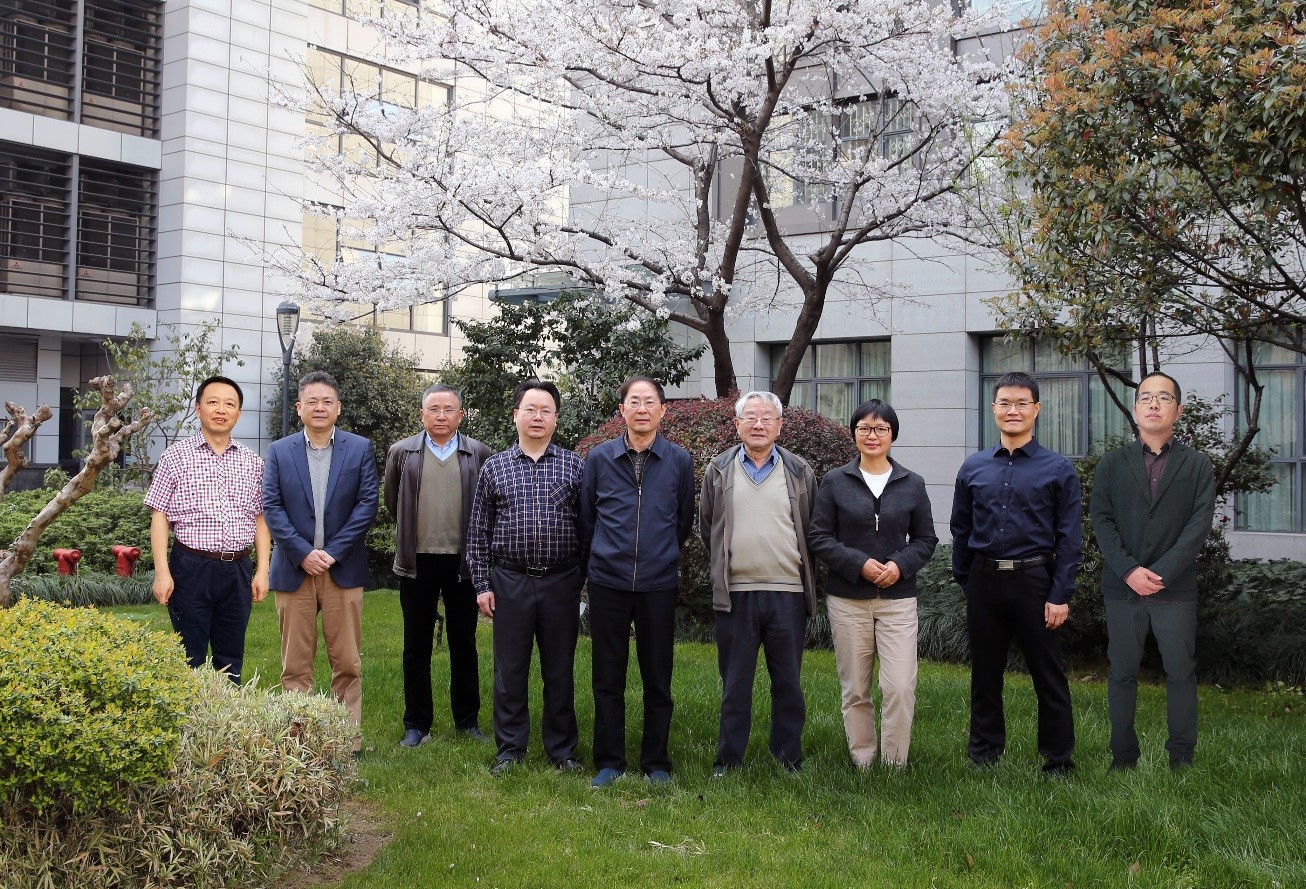

Team Members:
Xianglong Jin, Jiabiao Li, Chunhui Tao, Weiwei Ding, Xiqiu Han, Aiguo Ruan, Ziyin Wu, Dai Zhou.
Research Areas:
1. Submarine Geo-evolution and Dynamic Process
Continental margins and Mid-Ocean Ridges (MOR) are two critical areas of plate tectonics. In continental margins, island-arc accretion, orogenic movement, and marginal basin evolution reflect complex geological processes in plate margins. MOR are places where oceanic crust accretion and oceanic lithosphere formation occur. Therefore, continental margins and MOR serve as the beginning and the end of a “conveyor belt”. These two areas involve not only important geological problems in global geodynamics, but also intensive material and energy interactions. Combining with dynamic simulation, we mainly carry out the geo-dynamics research of these two areas based on geophysical observations, inversion, and interpretation of deep reflection/refraction seismic, gravity, magnetic, and electrical data. Our research interests include the deep structure and dynamic mechanism, tectono-magmatism and its dominant controlling factors, and forming mechanism and dynamic process of marginal sea basins. We are also dedicated to the development of supporting technologies for the delineation of the outer continental shelf and the protection of related marine rights and interests, analysis of the coupling effect and geological process of the multiple global spheres, and building of the dynamic model of the submarine evolution.
2. Seafloor mineral resources and ore-forming systems
Seafloor mineral resources are crucial to the sustainable development of human society in the future. In this area, we mainly focus on marine mineral deposits (e.g. hydrothermal sulfide, cobalt-rich crust, polymetallic nodule, and natural gas hydrate, etc.) and their geological environments. Our research interests include: (1) Type, occurrence and distribution of marine mineral resources and their geological environment; (2) Source controlling process and mechanism for the formation of ore deposits; (3) Mass transfer mechanisms and the related geological and biological processes; and (4) Prediction and assessment of marine mineral resources.
3. Exploration technology of seabed resources and environment
In order to meet the current national strategic needs on marine exploration and development, we mainly carry out the following studies with focus on submarine resources and environmental investigation technology: (1) processing and interpretation of integrated geophysical detection data (e.g., multi-beam sonar, gravity, magnetic, seismic, heat flux, sub-bottom profiling system and deep-towed system) in order to achieve the fusion and visualization of space-time multi-scale data; (2) high-resolution topography explorations at deep sea and marginal basin to study their dynamic and structural geomorphology; (3) in-situ measurement of marine sediments by using the acoustic technique; (4) submarine positioning and communication to achieve the vitalization of in-situ sampling and testing, promoting the system integration and their applications; and (5) methods and rules of seabed survey, as well as the equipment testing criteria and calibration of instruments to provide technical supports for the submarine resources and environmental investigations.
Achievements:
The marine geology research group bases on the major national needs, e.g. the oceanic rights and interests, international seabed resources and deep-sea exploration technology. Focusing on the international frontiers of marine sciences, we aim at the breakthroughs on the seafloor evolution mechanism and its influence on resources and environments, through revealing submarine features, dynamic variation and process. Our group is dedicated to the development of disciplinary theories of marine sciences and deep-sea high-tech, and subsequently providing the scientific evidence for national decision-making. Besides, the group provides strong supports for the Ministry of Natural Resources of the People’s Republic of China on various aspects, such as exploration and development of seabed resources, safeguarding China's oceanic rights and interests, as well as the global ocean governance. Until now, the group have completed a series of major research projects, including 973 projects, 863 projects, National key R&D projects, National natural science foundation projects, special fund project of marine public welfare industry research and national ocean subject. The research area covers the Chinese marginal seas, Pacific Ocean, Indian Ocean, Atlantic Ocean and the North and South Pole, which makes great contributions to the development of marine science and to safeguarding the national oceanic rights and interests. The group has won two Second Class Prizes of the State Scientific and Technological Progress Award (ranked first) and a series of provincial and ministerial awards.






